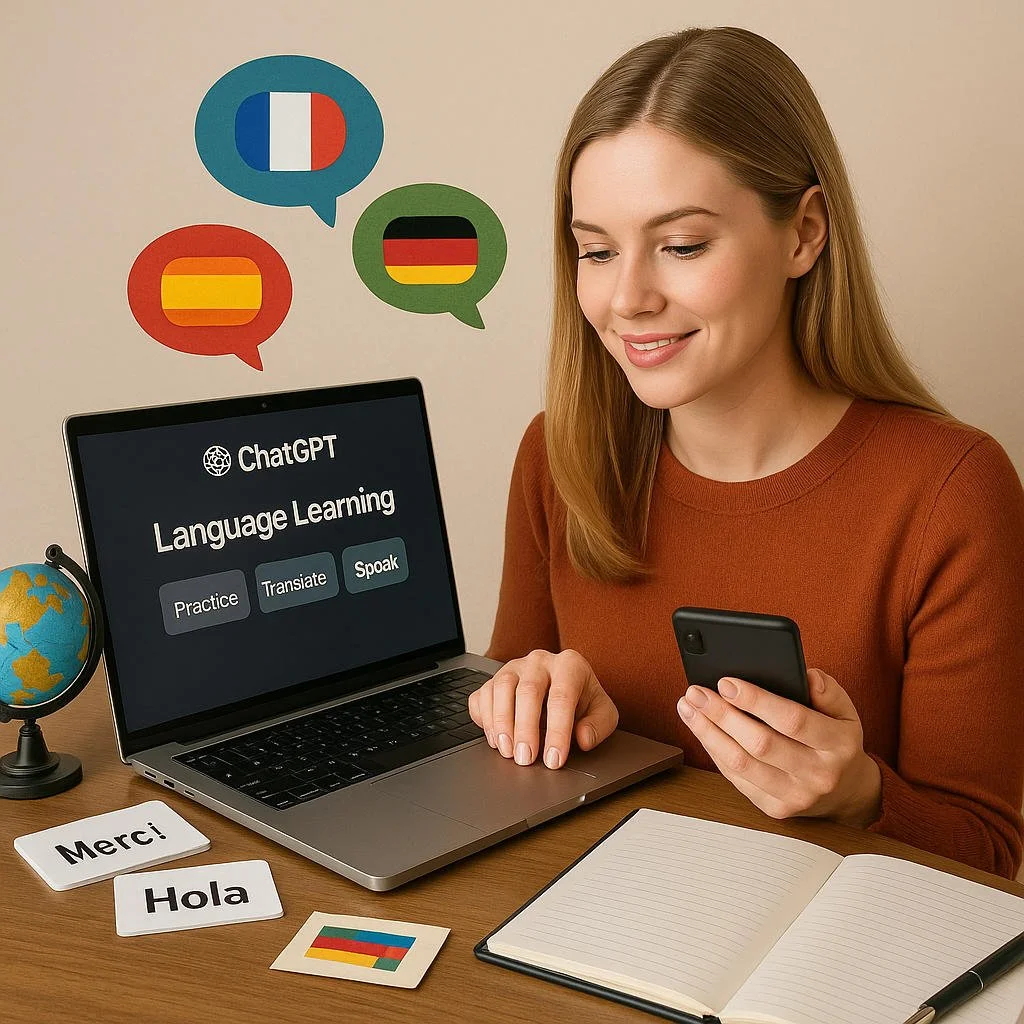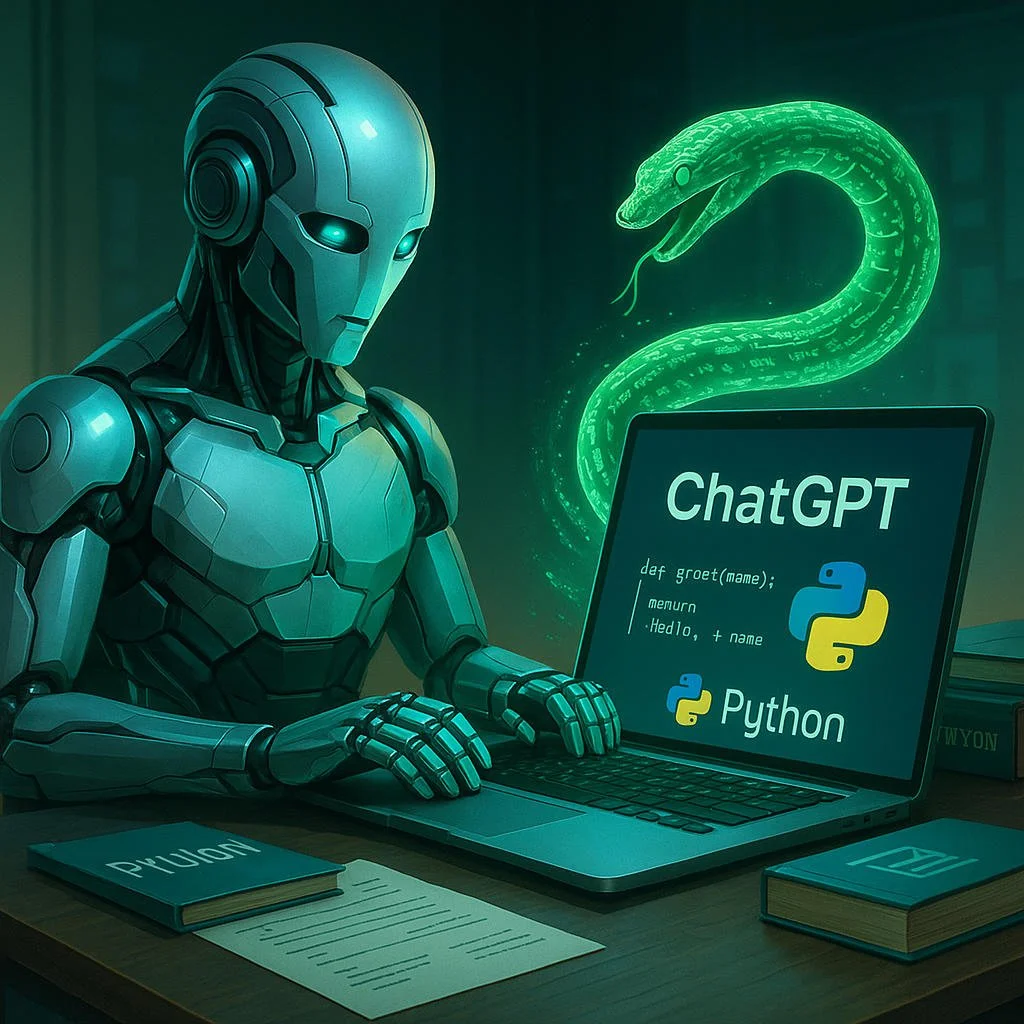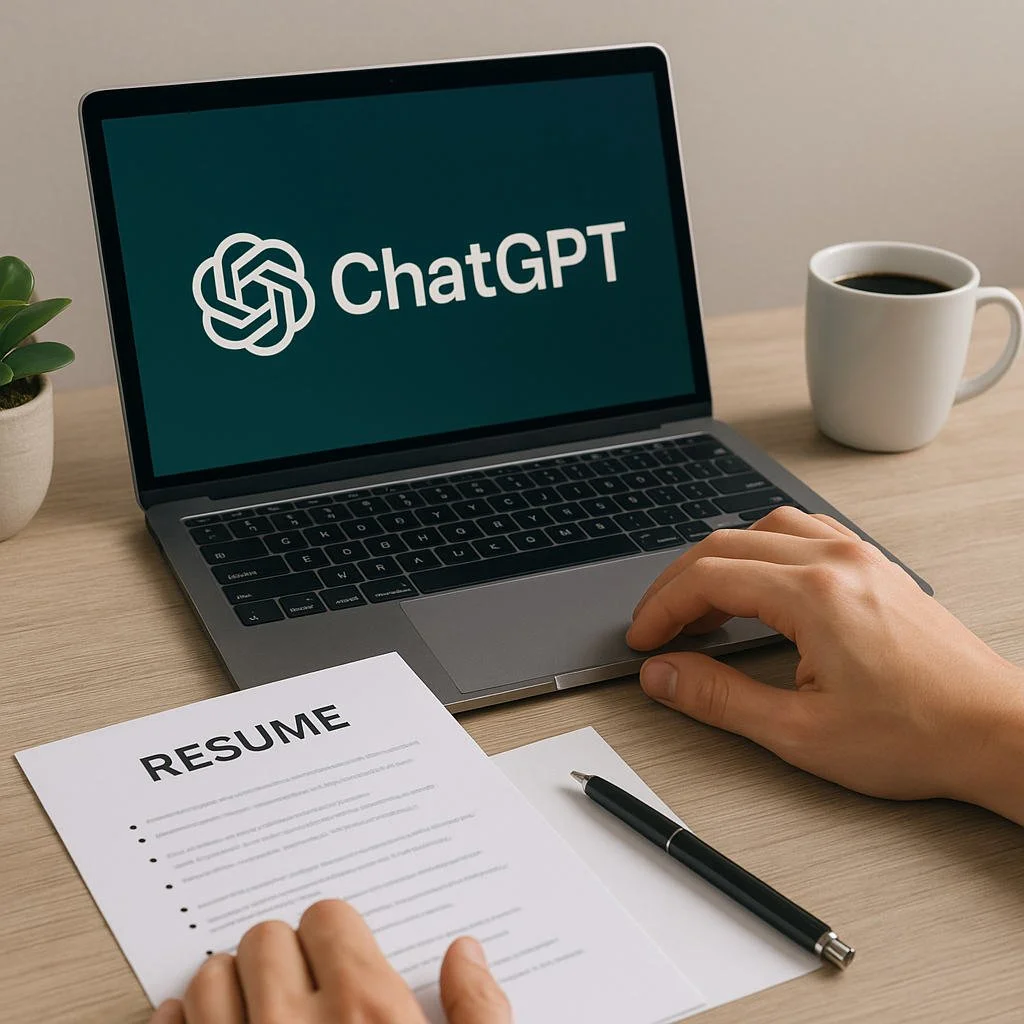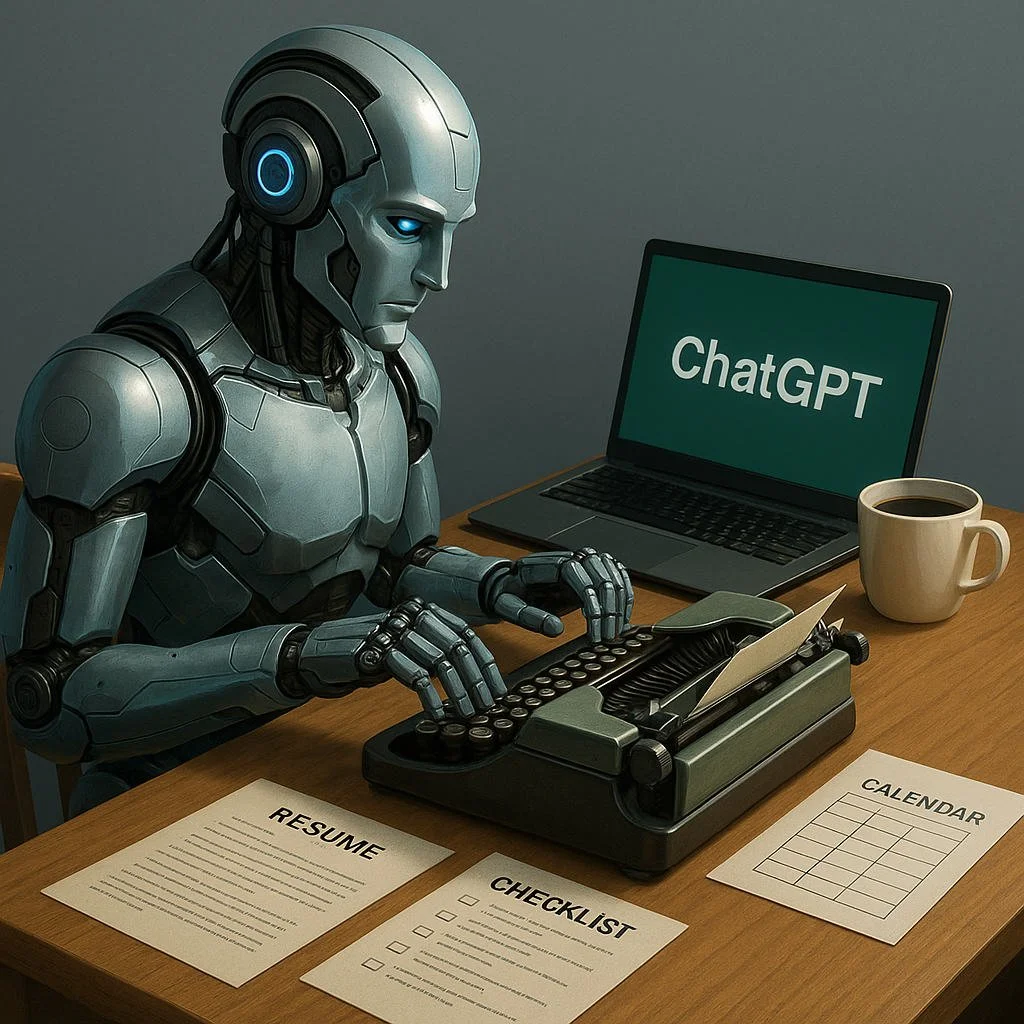How to Use AI for School Work: Step-by-Step Guide
How to Use AI for School: A Student Guide
In the rapidly evolving landscape of education, Artificial Intelligence (AI) is a game-changer. As a student in this digital age, leveraging AI, particularly tools like ChatGPT, can significantly enhance your learning and productivity. This guide delves into how you can effectively utilize AI, with a focus on ChatGPT, to transform your schoolwork.
What is AI? Simple Explanation for Students
Artificial Intelligence, in essence, is about simulating human intelligence in machines. It's the technology behind smart tools capable of learning, analyzing, and making decisions. For students, AI is best embodied in applications like ChatGPT – an advanced, yet accessible AI tool that can aid in various academic tasks, from answering complex queries to generating ideas for projects.
How to Start Using AI Tools in School
The first step in integrating AI into your schoolwork is identifying which tools suit your needs. ChatGPT, for instance, is a versatile tool that can assist with research, essay writing, and even understanding complex subjects. Accessing ChatGPT is straightforward – it's available online, with free and Plus versions, making it accessible to all students. Setting up involves creating an account, and then you're ready to interact with this advanced AI.
Using AI for Research: Improve Your Study Skills
When it comes to research, AI tools like ChatGPT are invaluable. ChatGPT can quickly provide information, summaries, and explanations on a wide range of topics. However, while ChatGPT is a powerful tool, it's crucial to use it wisely. Always cross-check the information provided by AI with credible academic sources to ensure accuracy. Remember, AI is a supplement to your research efforts, not a replacement for thorough study and critical thinking.
How AI Helps in Writing School Papers
The advent of AI has brought a paradigm shift in how we approach the writing and editing of academic papers. Tools like ChatGPT are not just technological novelties; they are becoming essential companions for students in the realm of writing. With ChatGPT, you can brainstorm ideas, receive help with outlines, or even get assistance in drafting sections of your paper. Its ability to generate content based on prompts makes it an excellent tool for overcoming writer's block or developing initial concepts for your essays and research papers.
However, the true power of AI in writing extends beyond just generating text. It lies in the realm of editing and refining your work. AI-powered tools like grammar checkers and style editors are becoming increasingly sophisticated, capable of not just correcting grammatical errors but also suggesting improvements in style and coherence. They can help make your writing clearer, more engaging, and more impactful.
But there's more to AI in writing than just corrections and suggestions. A fascinating aspect of using AI tools like ChatGPT is their ability to analyze and adapt to your writing style. By feeding samples of your previous work into ChatGPT, it can learn your style and preferences. This feature allows you to maintain a consistent voice throughout your writing, even when getting assistance from AI. For instance, if you have a particular way of expressing ideas or a unique tone you prefer for your essays, ChatGPT can recognize these patterns and mimic them in its suggestions and generated content.
This personalized approach means that AI can help you not just with the mechanics of writing but also with maintaining the uniqueness of your voice. You can input excerpts from your previous essays, and ChatGPT can analyze your word choices, sentence structures, and overall style. Then, when you ask it to help with writing a new piece, it can align its suggestions to match the way you naturally write. This makes the integration of AI-generated content into your papers seamless and organic, ensuring that the final product still reflects your personal touch and thought process.
While AI tools like ChatGPT can significantly enhance the writing process, it's crucial to remember that they are tools to aid your creativity and analytical thinking, not replace them. The essence of your paper – the arguments, insights, and critical analyses – should be uniquely yours. AI can offer a helping hand in polishing and refining your work, but the core ideas and intellectual efforts must come from you. This balance ensures that your work remains authentic and genuinely reflective of your abilities and understanding of the subject.
AI Tools for Managing School Projects
Managing school projects efficiently is another area where AI can play a significant role. AI-powered project management tools help in organizing tasks, setting deadlines, and tracking progress. ChatGPT can assist in brainstorming project ideas or breaking down complex tasks into manageable steps. Additionally, there are AI tools available that specialize in collaborative work, enabling you and your peers to work together seamlessly, regardless of physical location.
AI and Personalized Learning: Adapting to Student Styles
Every student has a unique learning style, and AI can help tailor the educational experience to suit these individual needs. ChatGPT, for example, can adapt to your queries, providing explanations and resources that match your level of understanding and interest. AI-powered learning platforms can also track your progress, suggesting resources and activities to strengthen areas where you might need more practice.
Using AI Ethically in School
While AI tools like ChatGPT offer numerous advantages, it's crucial to use them ethically and responsibly. This means respecting intellectual property rights, acknowledging AI's assistance in your work, and maintaining academic integrity. Remember, AI should be a tool for enhancement, not a substitute for your own critical thinking and creativity.
Troubleshooting Common AI Tool Issues in School
Even the most advanced AI tools can have limitations. You might encounter challenges like receiving outdated information, facing difficulties in phrasing questions effectively, or dealing with technical issues. In such cases, it's important to seek help from educators, consult additional resources, and remember to use AI as one of many tools in your academic toolkit.
Maximize Academic Success with AI: Final Tips
As we wrap up this guide, remember that the key to successfully using AI in schoolwork lies in striking a balance. Tools like ChatGPT can significantly enhance your academic experience, offering quick access to information, assistance with writing, and personalized learning pathways. However, the most effective use of AI comes from combining its capabilities with your critical thinking, creativity, and hard work.
Embrace AI as a complement to your studies, not as a complete replacement for traditional learning methods. Use it to explore new ideas, simplify complex concepts, and improve the quality of your work. But always stay mindful of the ethical considerations and the importance of original thought.
In this digital age, where AI is increasingly becoming a part of our daily lives, learning to effectively use tools like ChatGPT for school prepares you not just for academic success, but for a future where AI and human intelligence collaborate to achieve greater things.
Remember, the journey with AI in education is just beginning, and as technology evolves, so will the ways in which we can utilize it for learning. Stay curious, keep exploring, and use AI to unlock your full academic potential.
Follow us on X (formerly Twitter) for exclusive content, news, giveaways, and interactive polls that shape our next articles.







